
Product test
Review: the Huawei Pura 70 Ultra has a one-inch sensor and a retractable lens
by Jan Johannsen
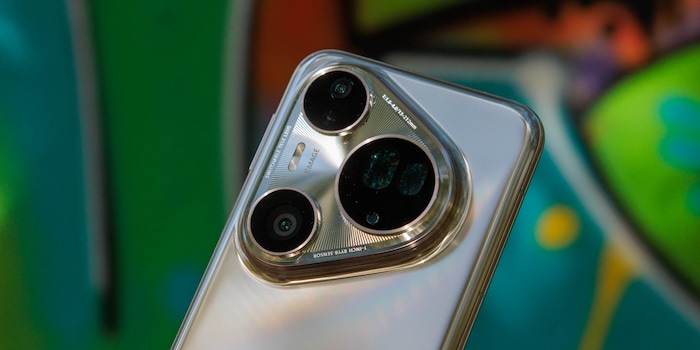
Huawei dares to try something new: with the Pura 80 Ultra, two telephoto cameras share one image sensor. Find out how this affects the photos here.
The Huawei Pura 80 Ultra has two telephoto cameras with focal lengths that are 3.7 and 10 times greater than those of the main camera. Both use the same sensor to save space. Even the main camera with its 1-inch sensor fades into the background.
With the «Switchable Dual Telephoto Camera», the Huawei Pura 80 Ultra offers two telephoto focal lengths compared to its main camera, which are easy to use and thus offer more options when taking photos. In a quiet environment, I can hear the lenses shifting over the 1/1.28-inch sensor. The autofocus corrects quickly, switching as quickly as with other smartphones between two cameras and is not a disadvantage in practice.
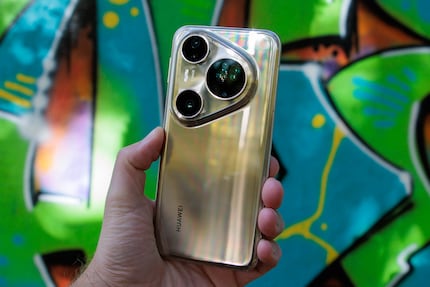
Huawei speaks of the largest sensor ever installed in the telephoto camera of a smartphone. The two cameras utilise its surface area differently. For the camera with 3.7x magnification, Huawei specifies a resolution of 50 megapixels. If I use the 10x magnification, only 12.5 megapixels are available.
Converted to 35 mm format, the focal lengths correspond to 83 and 212 millimetres, with the main camera at 23 millimetres. A larger aperture is particularly important in low light conditions in order to capture more light. The smaller telephoto camera has f/2.4 and the larger one f/3.6.
With the telephoto lenses, you can get close to subjects or achieve viewing angles that are not possible with a standard focal length.
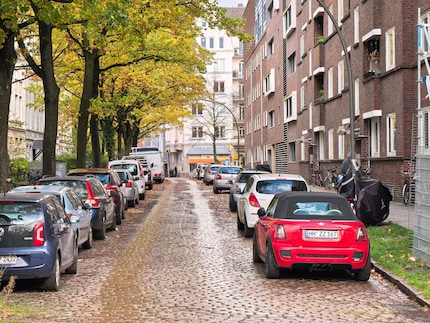
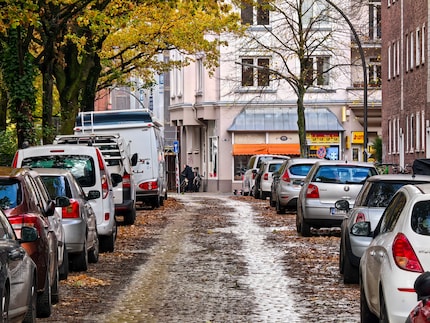
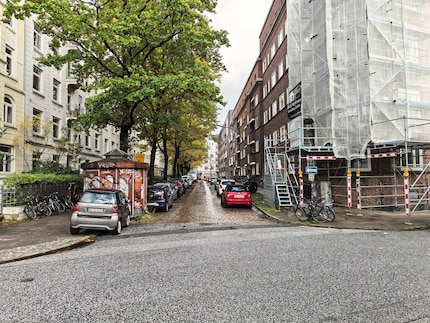
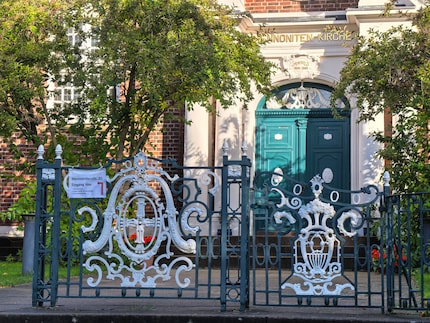
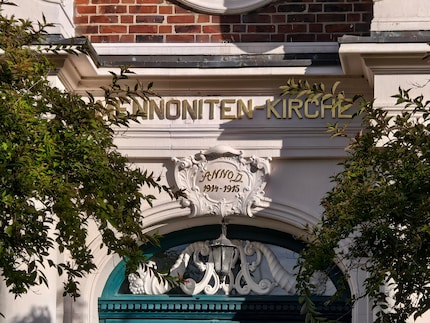
In the dark, the 3.7x telephoto offers a night mode with a longer exposure time. This option is missing on the 10x telephoto, where a steady hand is required even with the automatic mode.
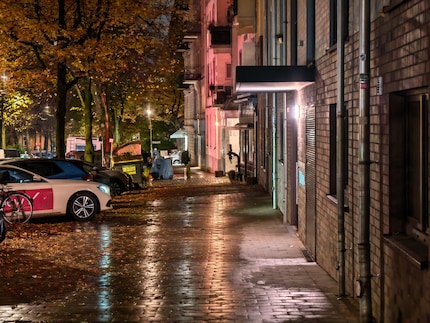
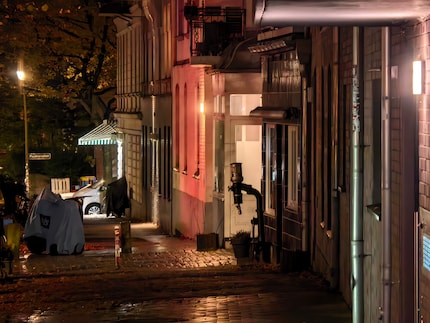
Huawei also offers superlatives for the main camera. It is said to compensate for up to 16 f-stops in HDR shots, which is a new record according to the manufacturer. The 1-inch sensor offers a resolution of 50 megapixels and a manually adjustable aperture of f/1.6 to f/4.0 in Pro mode, which I recently took a closer look at the Pura 70 Ultra.
As a result, the Huawei Pura 80 Ultra with its main camera delivers a very high level of detail and natural-looking colour reproduction.
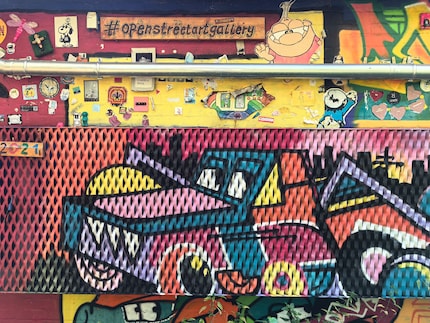
The software easily compensates for strong contrasts when taking pictures with the main camera.
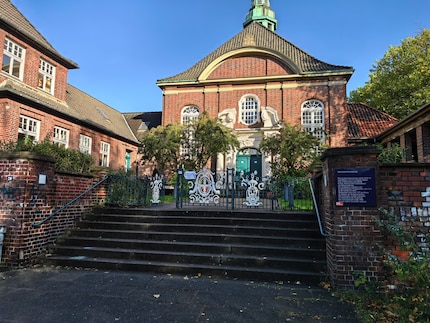
In the dark, I only see slight colour changes due to the night mode, but no improvements.
The ultra-wide-angle camera with a fixed f/2.2 aperture and a resolution of 40 megapixels captures the entire church without me having to take a step back. Here, too, I am impressed by the level of detail and colour reproduction. I accept the distortion towards the corners with the wide angle of the camera.
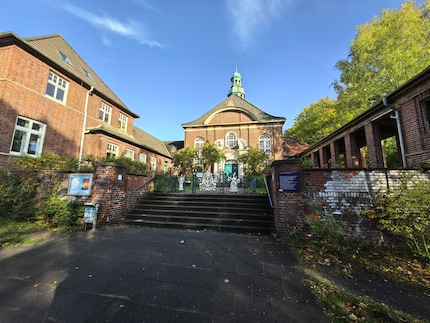
In the dark, the night mode with its longer exposure time shows the most positive effects on the shot with the ultra-wide-angle camera.
The front camera with 13 megapixels and f/2.0 aperture delivers detailed selfies with natural colours. The software skilfully compensates for strong differences in brightness.
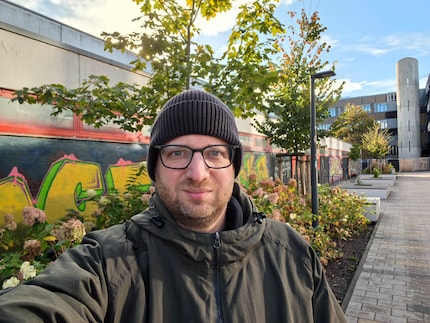
The 6.8-inch OLED display of the Pura 80 Ultra has a high resolution of 2848 × 1276 pixels, which results in a pixel density of 460 ppi. The refresh rate adjusts variably from 1 to 120 hertz and the peak brightness reaches up to 3000 nits. However, this only applies to HDR content. The manufacturer does not specify the typical brightness. However, it is sufficient for use in sunshine.
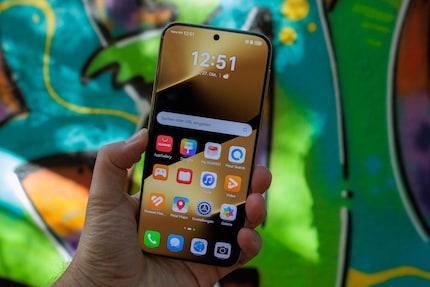
The housing of the Pura 80 Ultra is waterproof to IP68/69 for 30 minutes at a depth of two metres and can withstand high temperatures and water jets. The display is protected by the second generation of «Crystal Armor Kunlun Glass». According to various reports, this appears to be very similar to the current Gorilla Glass Armor, although it seems to be slightly more robust in the event of a fall and slightly worse in the event of scratches.
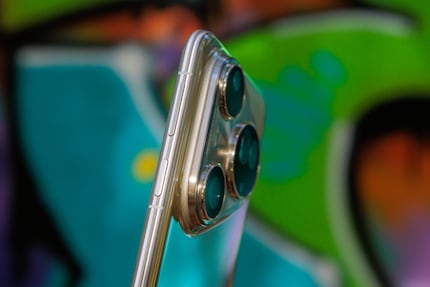
Huawei uses the Kirin 9020 processor developed in-house. This processor is also used in the current Mate X6 folding smartphone. It is supported by 16 gigabytes of RAM. This means the smartphone is very well equipped and can be used without any problems. I don't notice any delays or long waiting times in everyday use.
The benchmark tests, on the other hand, look less rosy. Compared to the Kirin 9010 of the Pura 70 Ultra, the CPU performance stagnates. At least the graphics performance has increased by around a third. The comparison with the Snapdragon 8 Elite, which powers top smartphones that are cheaper than the Pura 80 Ultra, achieves around twice the CPU performance and more than four times the graphics performance.
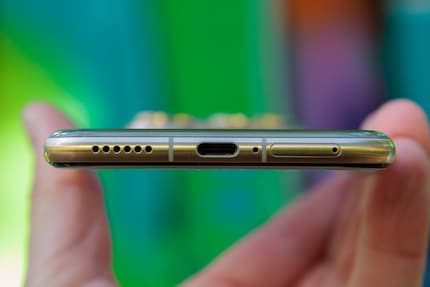
The battery of the Pura 80 Ultra is average with a capacity of 5170 mAh. It accepts up to 100 watts via Huawei's fast charging technology «SuperCharge». In the wireless version «Wireless SuperCharge», it is 80 watts. In both cases, you need a suitable charger, which is not included in the scope of delivery.
The PCMark Work battery test determines a runtime of 18:40 hours at 50 per cent display brightness. That's decent.
Huawei still has no access to Google services. This means the Play Store is missing. Huawei has expanded its own «AppGallery» in recent years and integrated various sources for apps. However, this is not particularly convenient to use and there are still - sometimes important - apps missing.
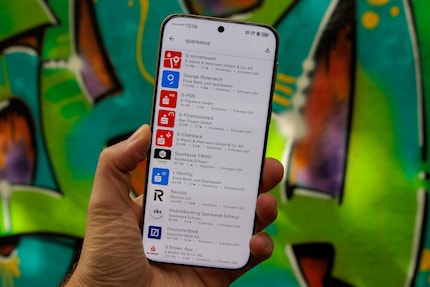
In the meantime, however, there is the «Aurora Store» in the AppGallery. A search, a click on installation and the two additional apps required for the Micro-G services are installed directly. I then log in to the Aurora Store with my Google account and have access to all the apps in the Play Store. However, I sometimes have to pretend to be using a device other than the Huawei via the Aurora Store settings so that I can really install all the apps. However, when I tried it out after asking in the comments, I realised that a successful installation does not automatically mean that every app will run perfectly.
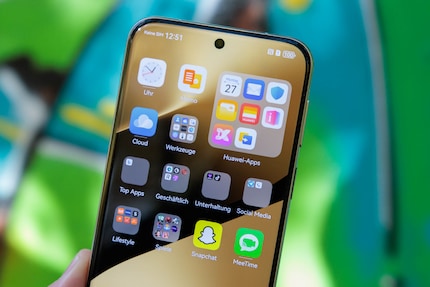
This solves the limited selection of apps for Huawei smartphones for me. At most, there are still other things that speak against using EMUI 15. For example, the operating system is still based on the open-source version of Android 12, despite all the adjustments that have been made in the meantime. This means that there is a large gap to Android 16, which is now available. This does not inspire confidence.
The Huawei Pura 80 Ultra impresses with its very good cameras. Above all, the additional focal length with good image quality opens up additional options for subjects on the move. I really hope that the manufacturer continues its successful course in China and continues to challenge the competition with innovations such as the interchangeable telephoto camera.
Because in Europe, the Pura 80 Ultra is only a device for enthusiasts. The recommended retail price of 1499 euros - I don't have any information in francs - is very high. In view of the weak chipset without 5G and the old Android base, it's outrageous. Even the - now - easily accessible access to all Android apps, the stylish display and the good battery don't compensate for this. You can get all of this with other top devices that cost a third less.
Pro
Contra
As a primary school pupil, I used to sit in a friend's living room with many of my classmates to play the Super NES. Now I get my hands on the latest technology and test it for you. In recent years at Curved, Computer Bild and Netzwelt, now at Digitec and Galaxus.

Product test
by Jan Johannsen

Product test
by Michelle Brändle
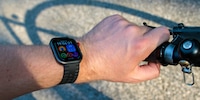
Product test
by Jan Johannsen